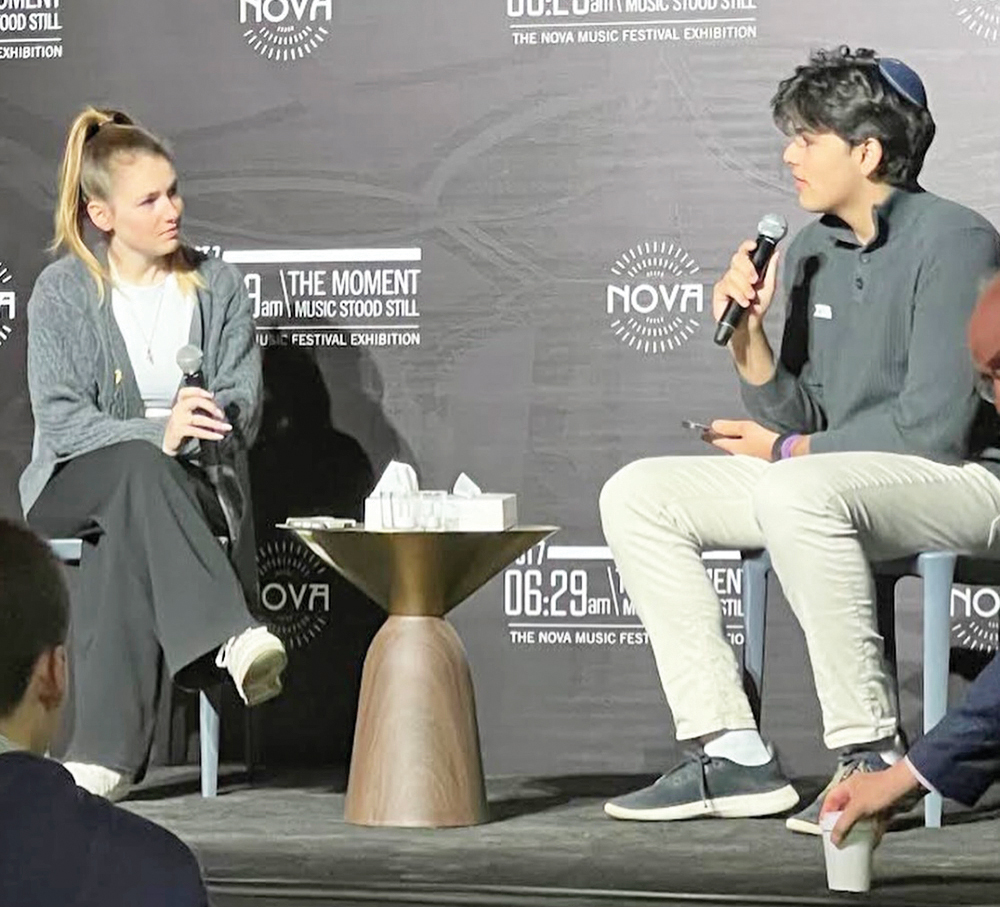A congregant once remarked to me that Yom Kippur is her favorite day of the year. Then she added with a half-smile, “I don’t even know why I love it so much. I hate fasting, yet I love the day. Am I crazy?”
I replied that I always feel there is a certain serenity which sets in as Kol Nidrei commences. I compared it to the early morning hours after a massive snowstorm. The whole neighborhood is covered in a pristine blanket of white, and the roads are still impassable. For at least a few hours there is nowhere to go, and everything seems so tranquil (unless, of course, you drive a snow plow).
The hours before Yom Kippur are an extremely frenzied and busy time. Meals, mikvah, showers, blessings, last-minute phone calls, arrangements, candles—including yahrtzeit candles, tallit and kittel, slippers, etc. I always feel quite harried as I settle into my seat to try to say Tefillah Zakkah (the impassioned confession prayer recited prior to Kol Nidrei) with the intense concentration it warrants.
But then as the sun begins to set and the chazan’s voice begins the ancient penetrating and haunting tune for Kol Nidrei, all of the frenzied rush is over. True, there is tremendous intensity and seriousness that envelopes the synagogue. However, at that moment there is nowhere else to go and nowhere else to be. There are no meals to prepare, no arrangements to be made, and nothing else to do. There is only the machzor and the prayers before us.
Yom Kippur also affords us the opportunity to take a candid unhindered look at ourselves, and whether we are living up to, and fulfilling, our own dreams and aspirations.
It is well known that in the court of the great Kotzker Rebbe there was a tremendous emphasis in truth—in behavior, conduct, and even thought.
The Kotzker Rebbe once asked a woman why she had traveled a great distance to come to Kotzk. She replied that she had come to find God. The Rebbe replied that for that she could have stayed home, because God is everywhere. “Then why have I have come?” she asked. “To find yourself,” the Rebbe poignantly replied, “to find yourself.”
Therein lies part of the greatness of Yom Kippur. We “come to Kippur” to find ourselves: Where have we been? Where are we going? It is an opportunity for serious introspection.
Yom Kippur may not be an easy day, but it is a transcendent day, and in a sense, a day of great serenity and inner peace.
May we all rediscover ourselves and enjoy the experience.
G’mar Chasima Tova
Rabbi Dani Staum, LMSW, is the rabbi of Kehillat New Hempstead. He is also fifth grade rebbe and guidance counselor in ASHAR in Monsey, and principal of Mesivta Ohr Naftoli of New Windsor, NY, and a division head at Camp Dora Golding. Rabbi Staum offers parenting classes based on the acclaimed Love & Logic Program. For speaking engagements he can be reached at [email protected]. His website is www.stamtorah.info.
By Rabbi Dani Staum













